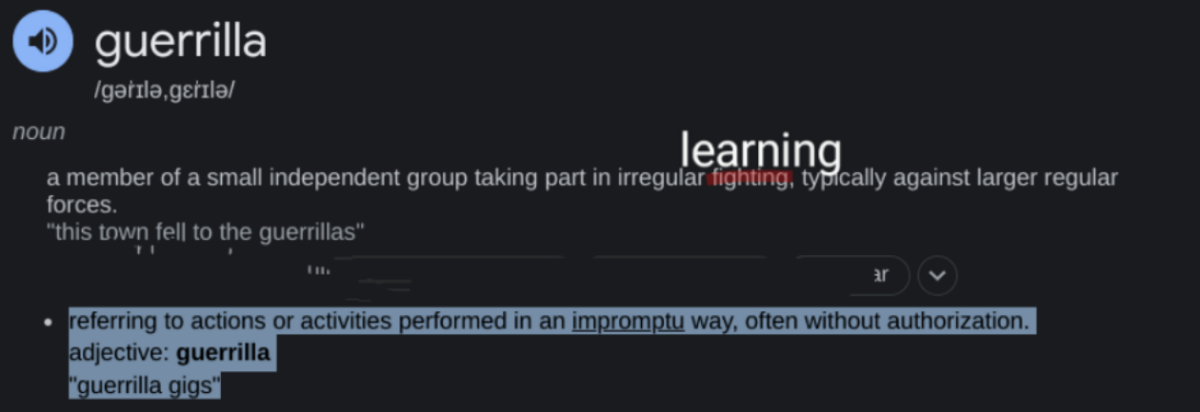Practical reason is a theory of imperatives (see GMM 4:414-415). There are three types of imperatives:
- technical or problematical (the skill to solve problems);
- pragmatic or assertorical (welfare/prudence: if you want x, then y; implicit to this idea is that all human beings want happiness, but that is a contingent and not a necessary fact so it cannot be the basis of morality);
- moral or apodictical (of free conduct).
Both 1 and 2 give rise to imperatives that are contingent on either the person (if you want to be a better tennis player, then…), the phenomenal world (if you want to live longer, then stop smoking), the place (it is hot, if you want to cool down, then…). If a detail in the situation changes, then so does the practicality of the imperative. The principle only holds on certain conditions, but its necessity is made possible because whoever wills the end must also will the means. For this reason (2) is nothing but advice (counsels) and lacks any precise necessitation leading to action.
1 and 2 are hypothetical, only 3 is unconditional or categorical: if it exists, it must be obeyed whenever, wherever and by whomever.
3 is categorical and unconditional. It is universal: true for all men, at all times, in all places and so it cannot rely on the other principle of means to end reasoning as (1) and (2) do. This makes it a law because it is necessary and not contingent: necessitation becomes necessity. If the law exists, it must be obeyed. This makes it a practical necessity. Hypothetical imperatives have a practical necessity due to a grounding principle (whoever wills the end must will the means), there is no grounding principle for categorical imperatives. How, then, are unconditional, categorical imperatives possible?
The answer lies through AUTONOMY.
In GMM, Kant offers these definitions of the supreme principle of morality. Learn them off by heart!
The formula of the universal law of nature
“act only in accordance with that maxim through which you can at the same time will that it become a universal law” (GMM 4:421) (from which we are given a heuristic device for testing maxims (not a new formulation!) “act as if the maxim of your actions were to become by your will a universal law of nature.” (GMM 4:421)
The humanity formula
“Act in such a way that you treat humanity, whether in your own person or in the person of any other, never merely as a means to an end, but always at the same time as an end.” (4:429) (Prior explanation is found in “If we now attend to ourselves in any transgression of a duty, we find that we do not really will that our maxim should become a universal law, since that is impossible for us, but that the opposite of our maxim should instead remain a universal law, only we take the liberty of making an exception to it for ourselves (or just for this once) to the advantage of our inclination.” (4:424)
The autonomy formula/kingdom of ends formula
“Thus the third practical principle follows [from the first two] as the ultimate condition of their harmony with practical reason: the idea of the will of every rational being as a universally legislating will.” (4:431) from which we are given a slightly different formula — sometimes called the kingdom of ends formula, viz. “act in accordance with the maxims of a member giving universal laws for a merely possible kingdom of ends” (G 4:439).
We shall interrogate these as we move forward into the last week of our Kant “lectures,” but let us look at CPrR 5:31–42 and compare a little or draw out a bit more detail. Kant’s chapter is entitled the “Fundamental Law of Pure Practical Reason” which should make us think.
The Categorical Imperative is the form to which our maxims must conform if they are to have moral worth (otherwise they remain mere subjective volitions). How do they take on this objectivity?
